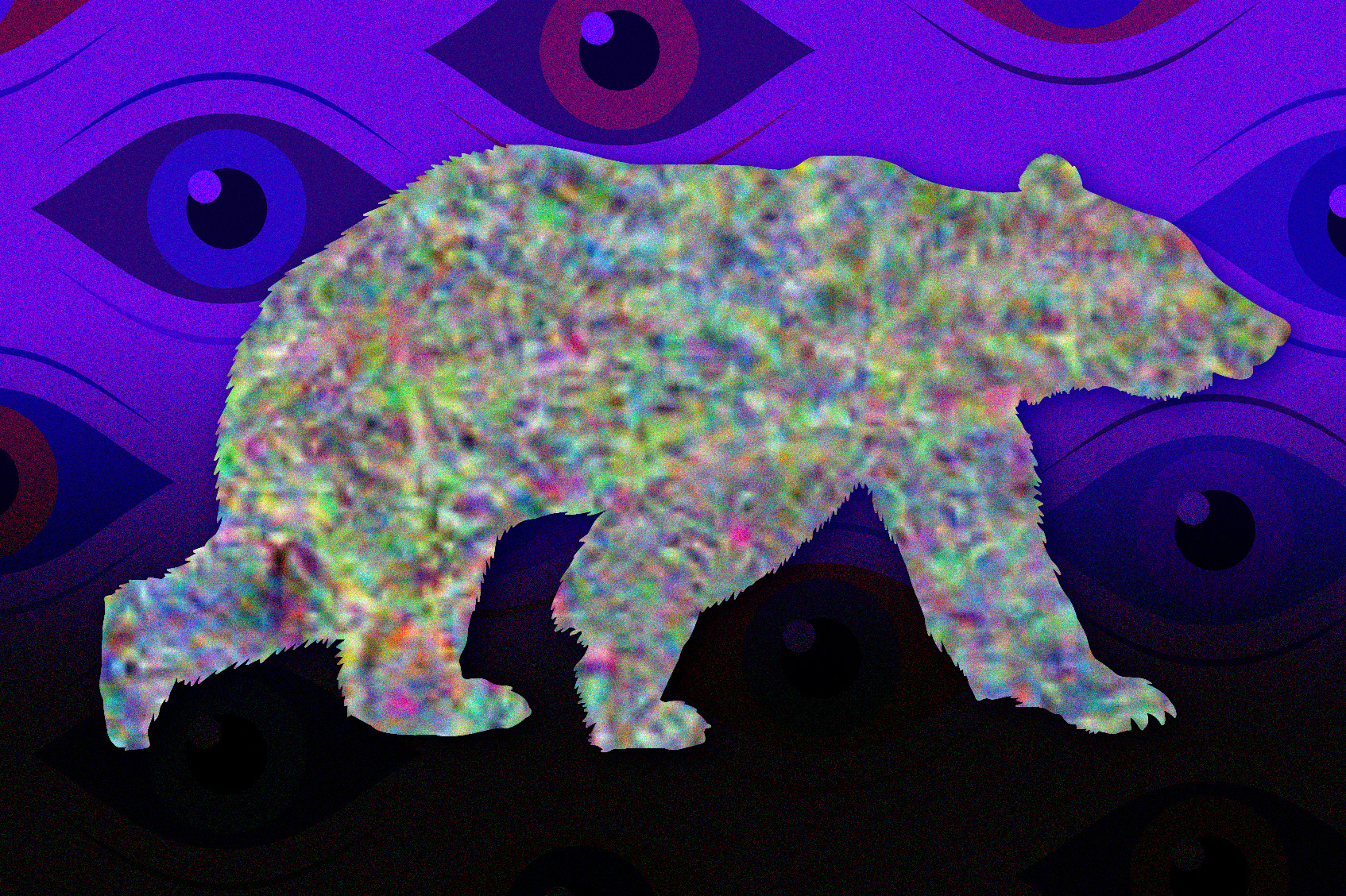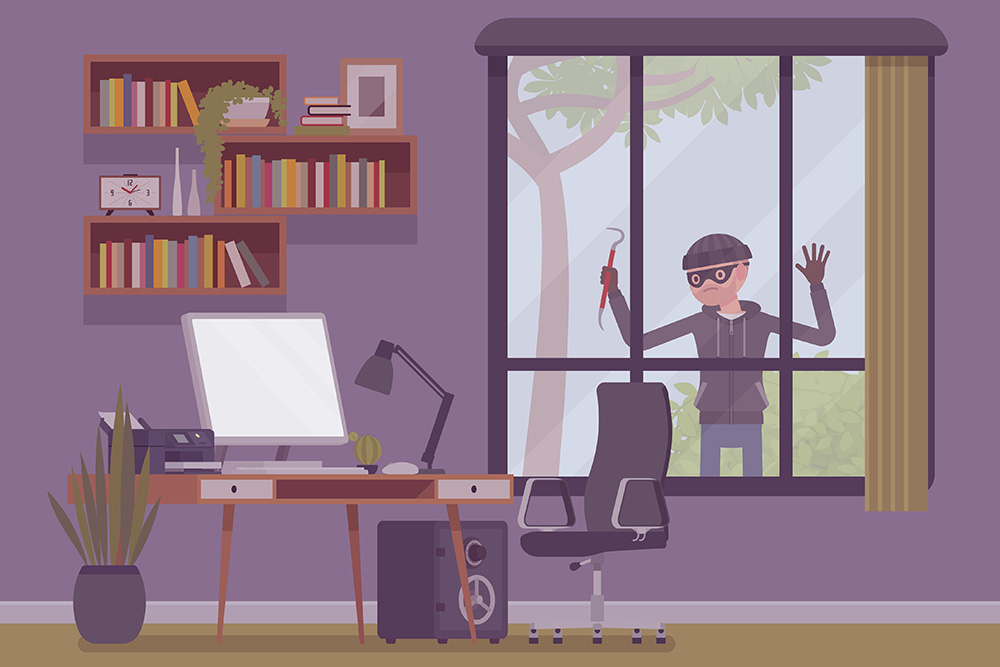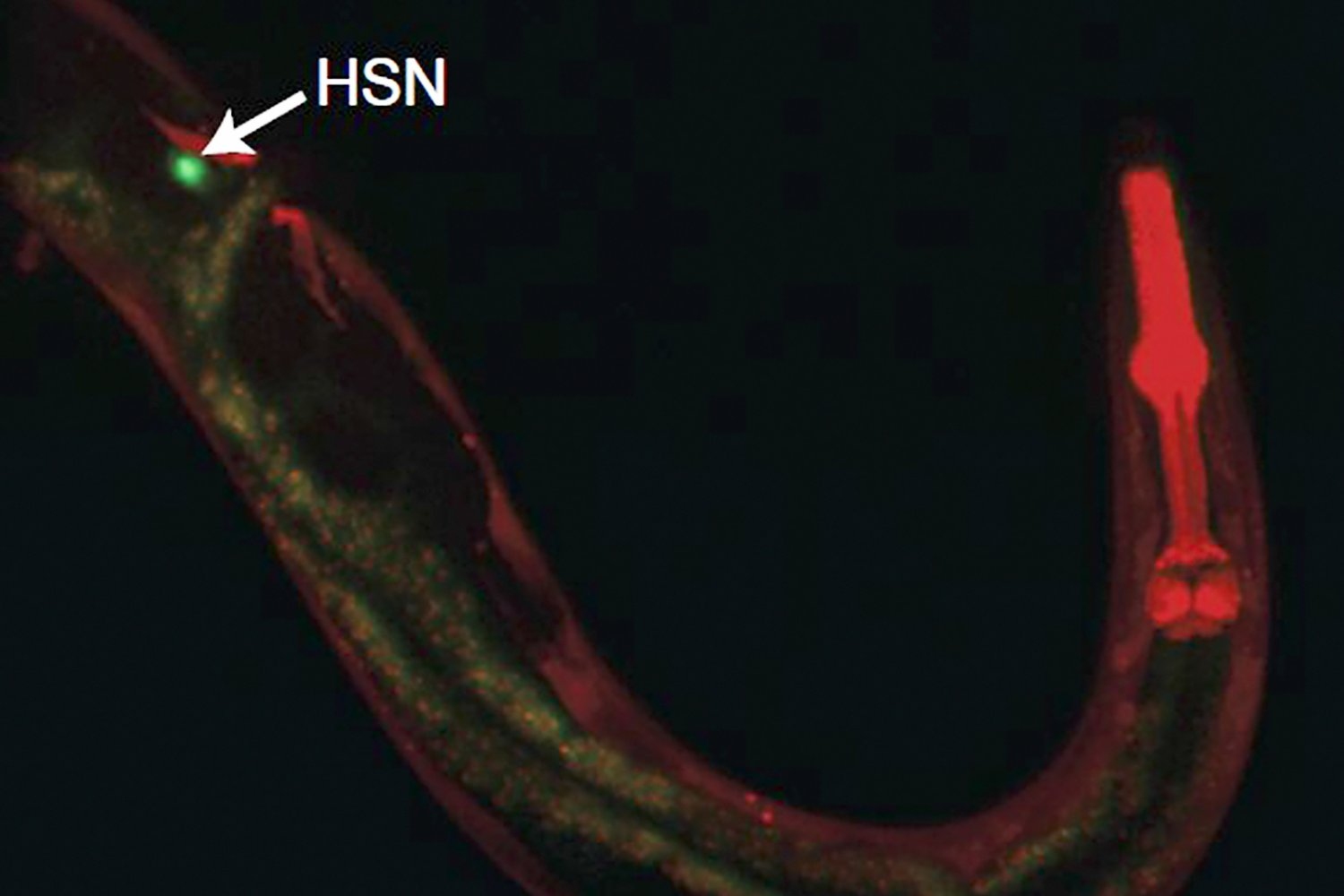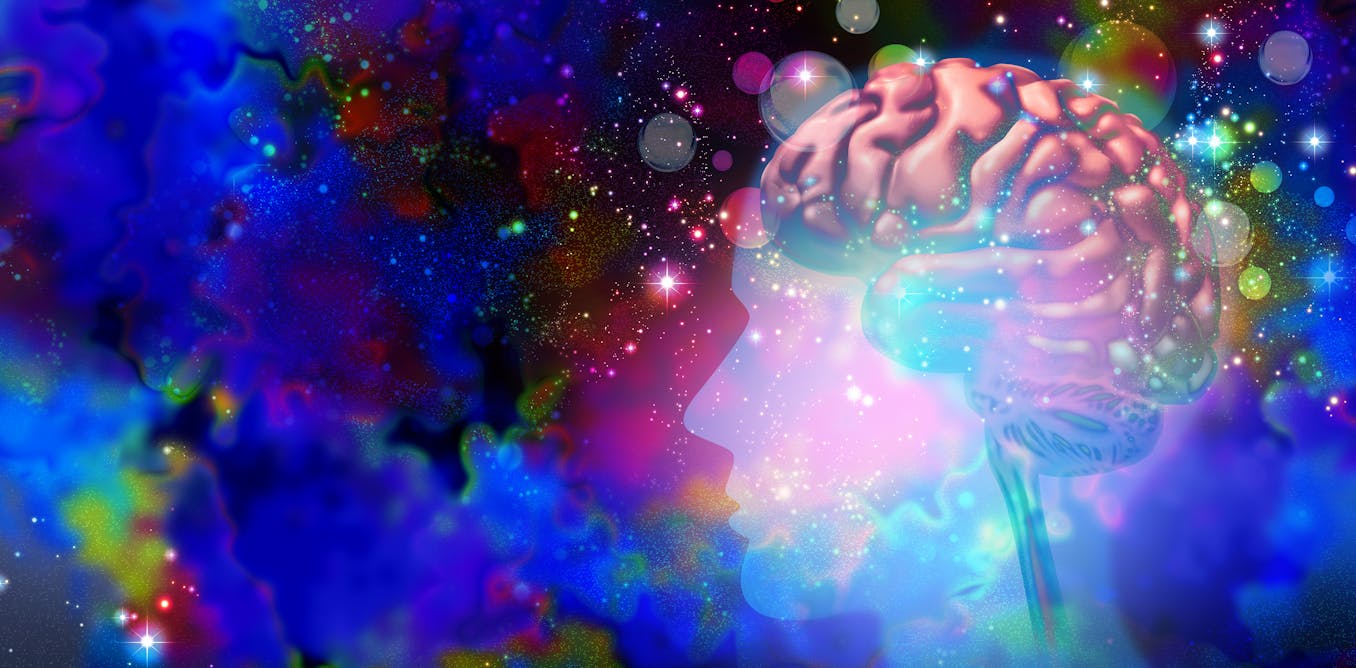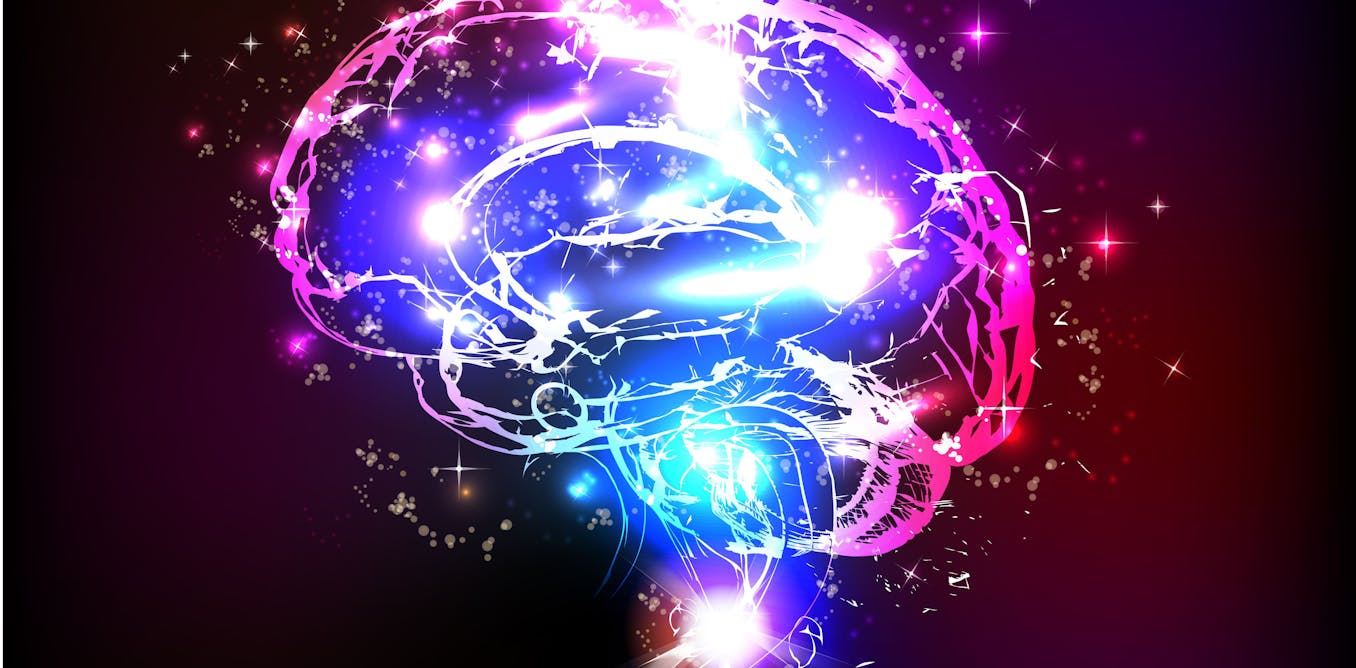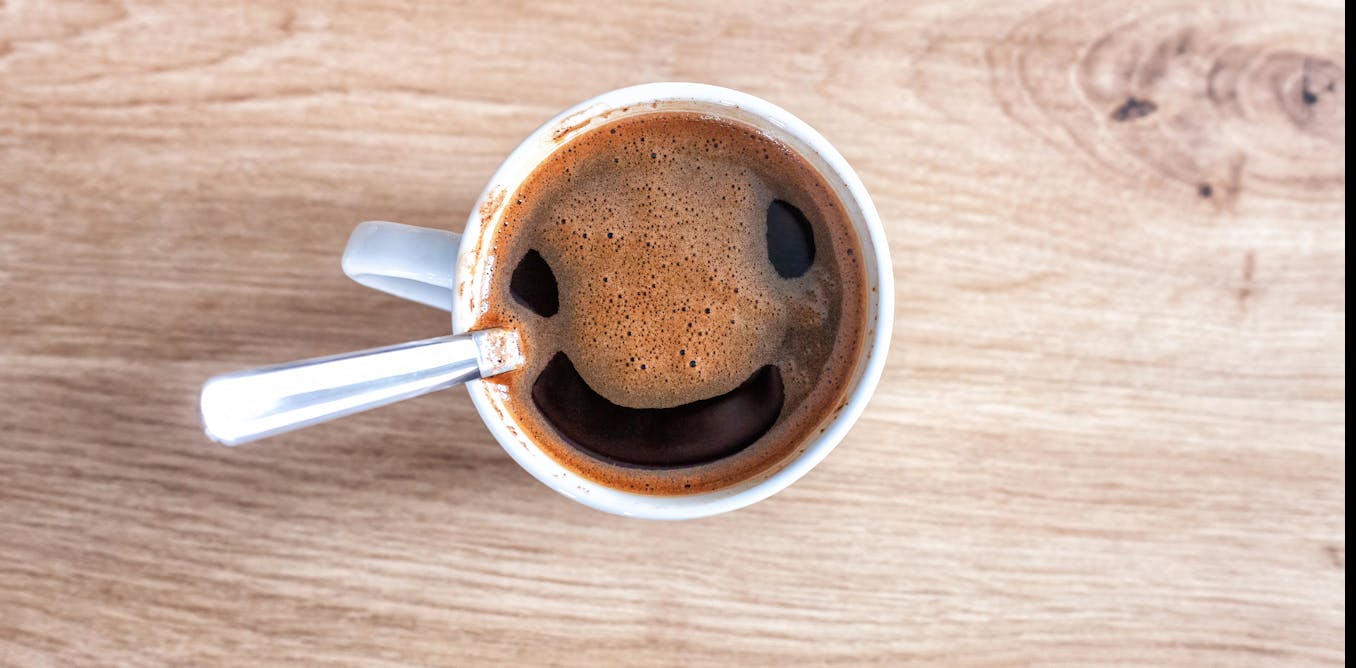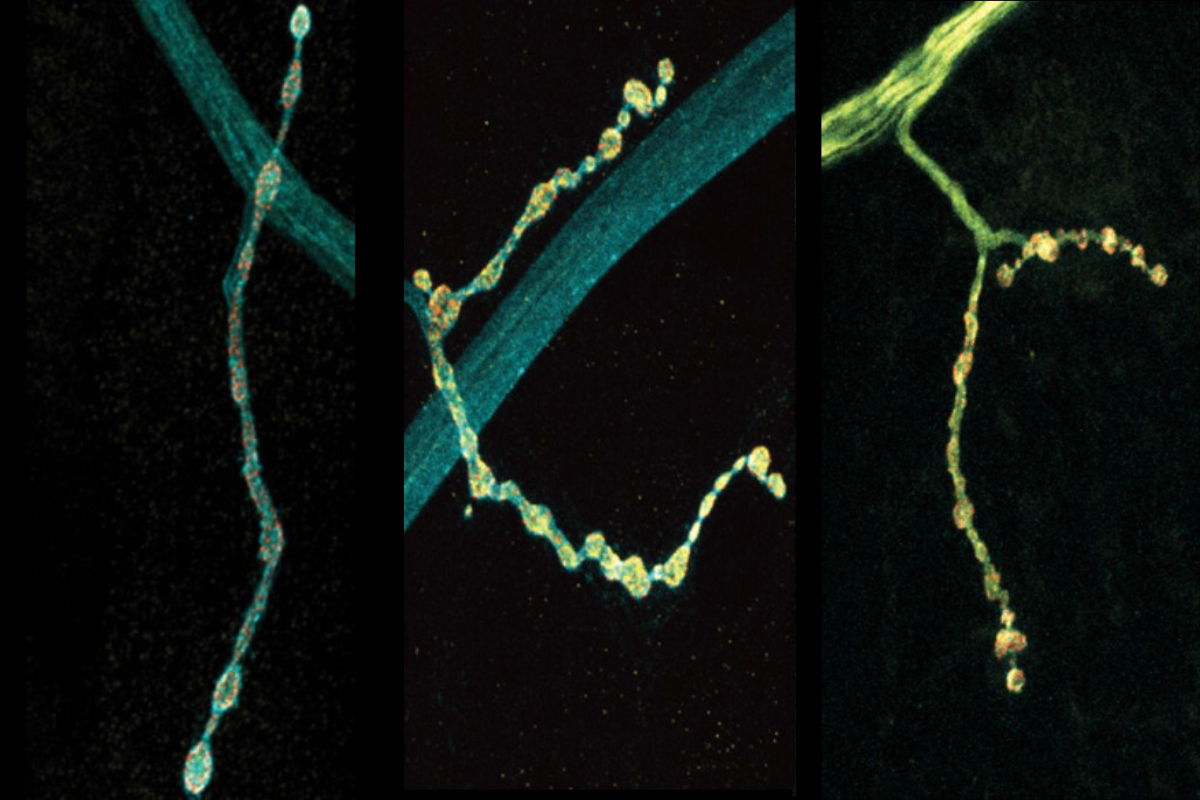An itching paradox – a molecule that triggers the urge to scratch also turns down inflammation in the skin
Itch-sensing neurons in your skin are intertwined with your immune cells. Counterintuitively, the molecule that connects them triggers responses that both worsen and improve skin conditions.
Oct. 13, 2023 • ~7 min
Study advances understanding of visual recognition memory
Scientists have invested decades in piecing together how our vision is so good at recognizing what’s familiar. A new study overcomes an apparent discrepancy in data to reveal a new insight into how it works.
Oct. 11, 2023 • ~7 min
How a single neuron’s parallel outputs can coordinate many aspects of behavior
Study finds that in worms, the HSN neuron uses multiple chemicals and connections to orchestrate egg-laying and locomotion over the course of several minutes.
Oct. 3, 2023 • ~7 min
Psychedelics plus psychotherapy can trigger rapid changes in the brain − new research at the level of neurons is untangling how
Change in the brain usually comes with plenty of effort over time. Neuroscientists are working to understand how psychedelic drugs provide a shortcut that seems to rely on existing brain systems.
Oct. 2, 2023 • ~8 min
Autistic individuals have increased risk of chronic physical health conditions across the whole body
Autistic people have higher rates of chronic physical health conditions across the whole body and are more likely to have complex health needs, according to a
Sept. 29, 2023 • ~7 min
Face pareidolia: how pregnant women could help us understand why we see faces in inanimate objects
It’s pretty common to see face-like patterns in objects – but this quirk can give us insights into human psychology and evolution.
Sept. 28, 2023 • ~8 min
Individual neurons mix multiple RNA edits of key synapse protein, study finds
Neurons stochastically generated up to eight different versions of a protein-regulating neurotransmitter release, which could vary how they communicate with other cells.
Sept. 25, 2023 • ~7 min
/
78

